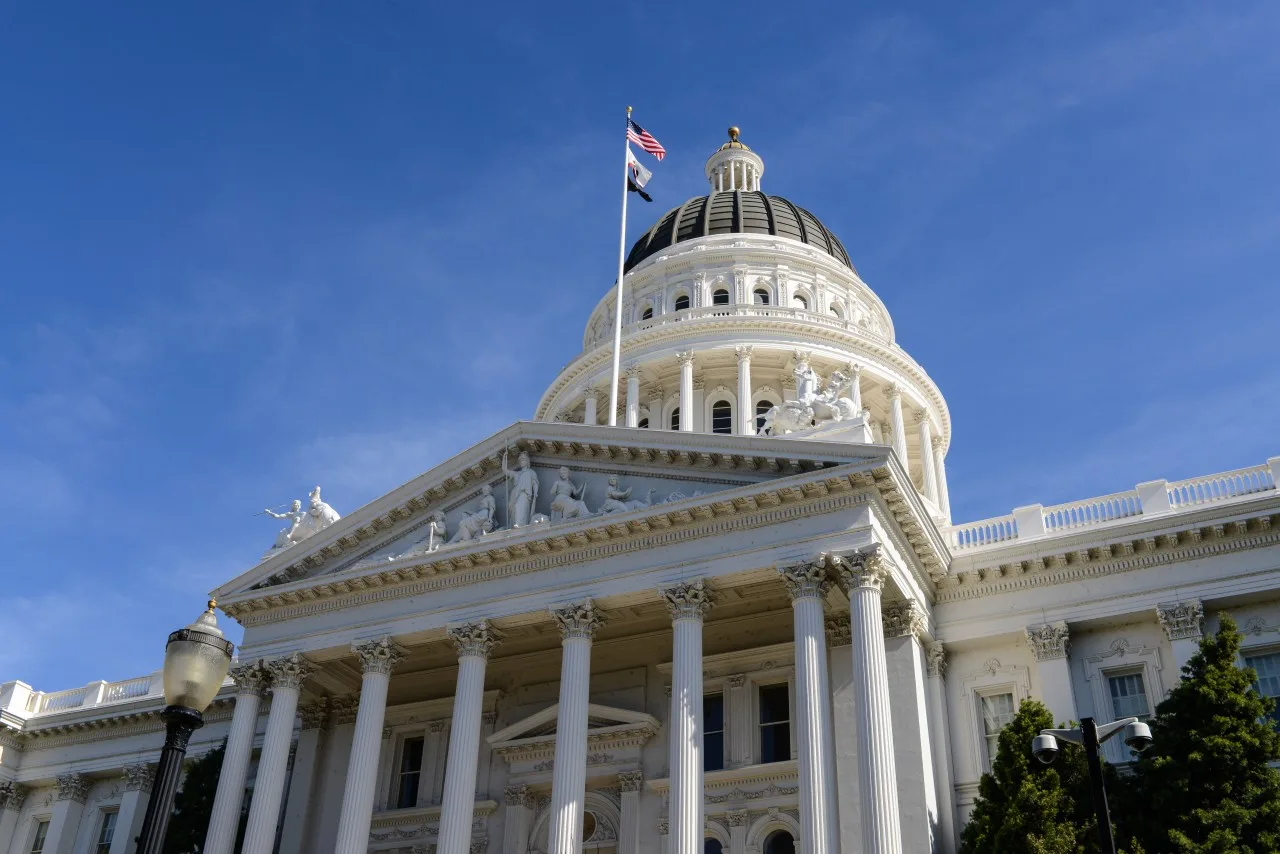
Reparations for Californians who are descendants of Black American slaves are one step closer to becoming a reality, but precisely what those reparations will be has not been defined.
Sen. Steven Bradford (D-Gardena) introduced SB 490, the first reparations-related bill introduced in the California Legislature since the state reparations task force submitted its final recommendation report to the governor and Legislature earlier this summer.
The bill would establish the state government body that would administer reparations.
“This will be the start,” said Bradford. “In order to implement reparations —whatever it looks like— you need a governmental agency or some sort of oversight department to do so. Before you can even talk about what reparations look like, you need to have the infrastructure there.”
Among the task force’s recommendations is a call for the state to create what is known as the “California American Freedman Affairs Agency,” an entity set to be in charge one day of overseeing and administering reparations to descendants of Black American slaves.
The reparations task force received a lot of attention for its recommendation that the Legislature consider what are described as “down payments” to go to descendants of anyone who was a Black American slave, as well as those in the Black community whose ancestors arrived before 1900.
At one point, the proposal suggested payments of up to $1.2 million to Black Californians depending on certain criteria, such as the wrongs they’ve endured, coupled with the amount of time they’ve lived in California, but Bradford, himself a member of the task force, downplayed that, saying reparations are about much more than any dollar amount.
“I think we lose the focus of what we’re talking about if we’re only focused on money,” Bradford said. “This was not about money, it was about first a recognition of a debt that was owed to these descendants.”
The legislator says that reparations could be some form of “compensation,” but not necessarily in the form of payments.
“It’s many ways to compensate folks outside of a cash payment, (like) education, free healthcare or tax relief.”
The end goal, Bradford says, “is to make an impact and have an impact on those individuals’ lives.”
Bradford said he hopes to see the proposed state agency up and running before he is termed out in 2024.
Governor Gavin Newsom has said he supports reparations in principle but needs more time to review the task force’s recommendation before coming out with a formal policy stance.
Suggest a Correction


